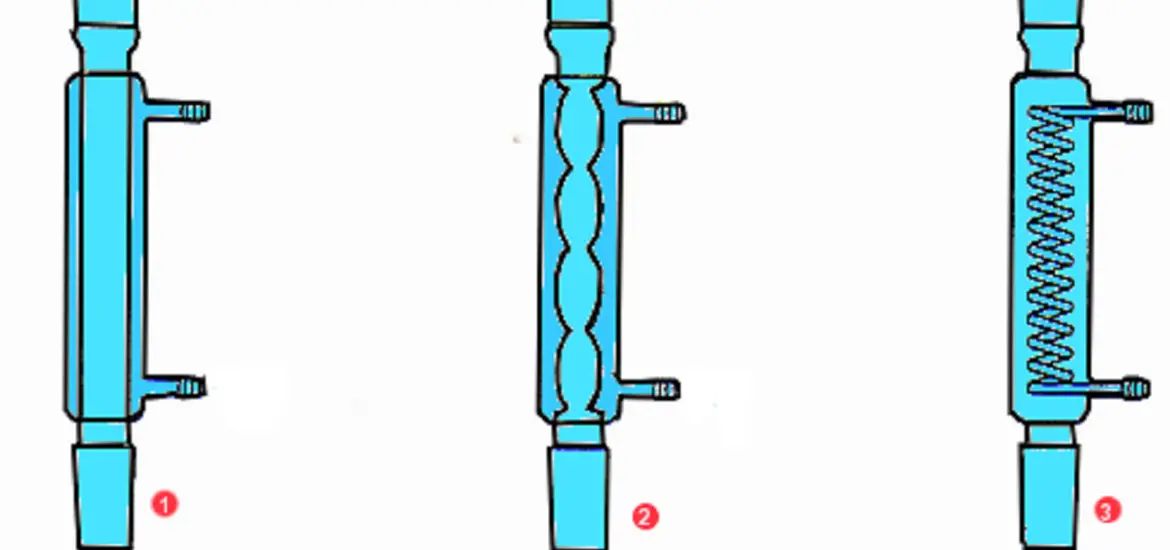We’re about to dive deep into the world of refrigerant toxicity, a pivotal aspect of our everyday cooling systems. It’s time to take a good look at the dangers they pose, the effects of their contact with skin, and their overall impact on our health. Strap in and prepare to be enlightened.

Table of Contents
Understanding Refrigerant Toxicity
Let’s start by untangling the term ‘refrigerant toxicity.’ Sounds like complicated, doesn’t it? But don’t worry, it’s simpler than it sounds.
What is Refrigerant Toxicity?
Well, refrigerant toxicity is all about the harmful effects of these cooling agents on our bodies and the environment. But why is it important? Because awareness is the first step towards safety.
Definition and Importance
Now, refrigerant toxicity refers to the harmful effects of refrigerants when they’re released into the environment or when we’re exposed to them directly. According to the National Institute of Health, this can lead to various health complications.
Common Types of Toxic Refrigerants
You’ve probably heard of chlorofluorocarbons (CFCs) and hydrochlorofluorocarbons (HCFCs). They’re common refrigerants and, sadly, they’re pretty toxic too. However, manufacturers are now leaning towards less toxic alternatives.
Measuring Refrigerant Toxicity
How toxic is too toxic? Let’s find out.
Exposure Levels and Health Impacts
Health impacts depend on the level and duration of exposure. A whiff of refrigerant gas may cause dizziness, while prolonged exposure can lead to more serious conditions. The CDC provides an in-depth look at this.
Industry Standards and Regulations
The cooling industry isn’t a free-for-all. There are standards and regulations in place to limit the use of toxic refrigerants. Want to know more? Check out the EPA’s guidelines on refrigerant management.
Is Refrigerant Dangerous?
Here’s the million-dollar question: are these refrigerants really dangerous? In short, yes. But let’s dig deeper.
Health Hazards Associated with Refrigerants
Refrigerants aren’t exactly your body’s best friends. They can cause harm in several ways.
Inhalation Risks
Inhaling refrigerants can lead to a host of problems, from simple dizziness to potential lung damage. Yikes!
Skin and Eye Exposure
Got some refrigerant on your skin or in your eyes? That can cause irritation or even burns. Always remember to wear your PPE!
Chronic and Acute Exposure
Long-term exposure can lead to chronic health issues, while short-term exposure can result in acute problems. Both are a no-go.
Environmental Impact of Refrigerants
Refrigerants can also wreak havoc on our environment.
Ozone Depletion Potential
Some refrigerants have a high Ozone Depletion Potential (ODP). Not so cool for our ozone layer, right?
Global Warming Potential
Global warming potential (GWP) is another nasty trait of certain refrigerants. They can contribute significantly to the greenhouse effect, exacerbating global warming. We can’t turn a blind eye to this, can we?
Implications of Refrigerant on Skin
Let’s move on to another critical aspect: skin contact. What happens if you get some refrigerant on your skin?
Effects of Refrigerant Contact with Skin
The skin is your body’s first line of defense, but it’s not invincible, especially against refrigerants.
Immediate Reactions
Immediate reactions can include redness, itching, and even burns. It’s like touching a hot stove, but it’s a cold burn. Imagine that!
Long-Term Effects
Long-term exposure can lead to skin diseases and other conditions. It’s like a ticking time bomb on your skin.
Read our other articles on refrigerants – Articles on Refrigerants: The Ultimate Guide to Understanding Them
Safety Measures When Handling Refrigerants
So, how do you protect yourself when dealing with these substances?
Personal Protective Equipment (PPE)
Ever seen those folks in lab coats and safety goggles? That’s PPE. It’s not just for looks; it’s a crucial barrier between you and the refrigerants.
First Aid for Skin Exposure
If you get some refrigerant on your skin, don’t panic! Rinse with plenty of water and seek medical attention. Safety first, always.
Are Refrigerants Toxic?
So, we’ve been talking a lot about refrigerant toxicity. But are all refrigerants toxic? Let’s find out.
Variability in Refrigerant Toxicity
Not all refrigerants are created equal. Some are more harmful than others.
Toxicity of Common Refrigerants
Common refrigerants like CFCs and HCFCs are pretty toxic. But newer, more environmentally friendly refrigerants are making their way into the market.
Non-Toxic Alternatives
Yes, they exist! Non-toxic alternatives like hydrofluoroolefins (HFOs) are being developed. It’s a step towards a safer, greener future, wouldn’t you agree?
Mitigating Risks Associated with Toxic Refrigerants
We’ve talked a lot about the dangers, but it’s not all doom and gloom. There are ways to mitigate these risks.
Proper Storage and Disposal of Refrigerants
Storing and disposing of refrigerants properly can significantly reduce their risks. The EPA has clear guidelines on this, so check ’em out!
Regular Maintenance and Inspection of Cooling Systems
Regularly maintaining and inspecting your cooling systems can help prevent leaks and potential exposure. A stitch in time saves nine, right?
Conclusion
We’ve journeyed deep into the realm of refrigerant toxicity. So, what’s the takeaway?
Summary of Refrigerant Toxicity
Refrigerants can be toxic and dangerous, both to us and the environment. But with knowledge, caution, and the right safety measures, we can mitigate these risks.
Future Perspectives and Developments in Refrigerant Use
The future holds promise for safer, less toxic refrigerants. With ongoing research and development, we’re hopeful for a time when refrigerant toxicity will be a thing of the past. Exciting, isn’t it?